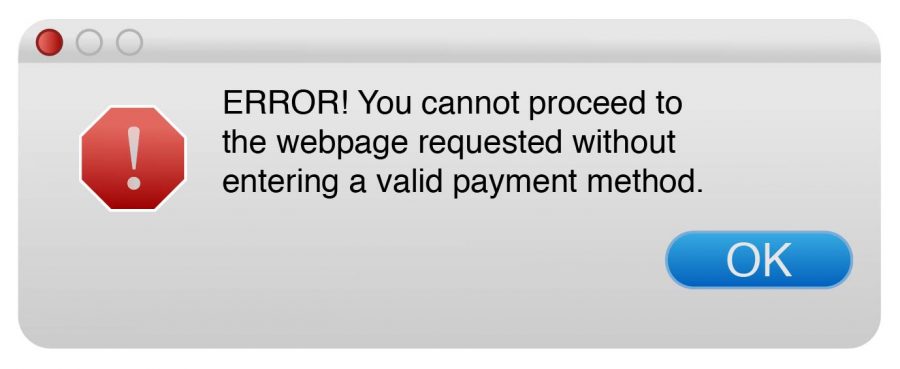Net neutrality repeal will stifle online activism
Net neutrality repeal will stifle online activism
December 4, 2017
A severe consequence of prioritizing corporate greed over people is looming over the country. The Federal Communications Commission released a proposed rule change Nov. 21 that would end net neutrality—regulations giving equal access to the internet—and block state governments from preserving current regulations. The FCC will vote on the proposal Dec. 14 and is likely to pass it.
If net neutrality is repealed, internet service providers will be free to restrict users’ access to certain content by slowing down internet speeds, blocking specific websites and charging customers more for certain content. Much of the outcry has been focused on either its effect on individual users or on small businesses that will suffer if their audiences reach is limited because they cannot pay as much as larger companies for “fast lane” speeds for users.
Although these are serious public issues, these concerns barely scratch the surface of the monumental ramifications of unregulated internet service. If net neutrality is dismantled, the modern method of bringing awareness to and advocating for societal change will be greatly disrupted.
This repeal will sentence Americans to a future of isolation. Along with the impact on small businesses and individual users, the greatest information resource in the country will also be severely damaged because of the FCC’s unprecedented decision to allow companies to completely block access to content. This means online-supported social movements seen in recent years could be stifled.
Recently, the entertainment industry has been rocked by allegations against powerful leaders. A push for accountability in entertainment by celebrities and the public alike was largely sustained by the internet and social media, a platform that has now been used to promote needed progress.
Without net neutrality, the response to allegations might not have reached critical mass, and if Americans had lacked access to learn about and weigh in on the issues of sexual harassment and assault, action might never have been taken.
Black Lives Matter, one of the largest social movements of this decade, was born from a hashtag and grew into a national cause that has influenced the country’s dialogue around race. With current internet regulations stripped away, large companies like AT&T or Comcast that would have control over internet access will be able to block content they deem inappropriate—or simply charge users more for access to Twitter, Facebook and the like, designating these platforms as “premium services.”
Unlike other countries with weak or nonexistent regulations that give equal internet access, many Americans have a limited pool of internet service providers to choose from. That means deregulation would place the availability of content into the hands of a few, wealthy corporations that can limit access to information that is essential to social change and public participation in our democracy.
Instead of the internet continuing to be a marketplace of ideas, it will become a monopoly based on profit with no regard for the public that uses its services. It may be hopeless to sway the FCC, given its ideological bias, but a court fight is likely to ensue and you can support the groups waging battle against the agency. If that doesn’t work, you can always take your anger to the ballot box. Americans must use their voices to reject such a future before there is another attempt to silence the public.








